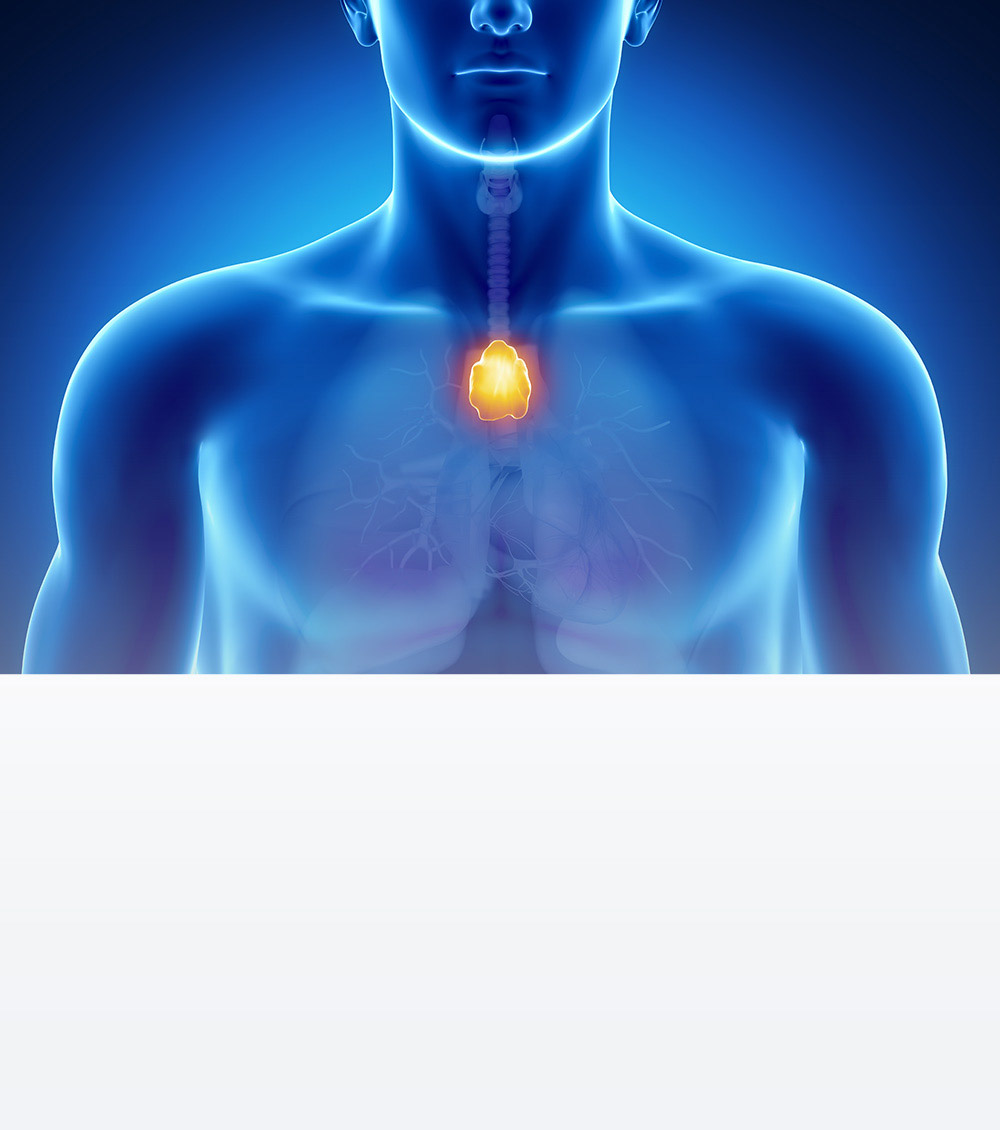Mediastinal Cancer
The mediastinal cavity comprises the heart, the aorta, the oesophagus, the thymus, and the trachea. Mediastinal tumours develop in the chest region adjacent to the heart, lungs and spine.
Cancers in the mediastinum can develop from structures that are anatomically located inside the mediastinum or that transverse through the mediastinum during development and also from metastases or malignancies that originate elsewhere in the body. It is challenging to treat tumours that develop in this area since the mediastinum is a critical area.
Symptoms of Mediastinal Cancer:
People with mediastinal cancer may experience any of the following symptoms; in some cases, the cancer is not symptomatic.
Types of Mediastinal Cancer
Anterior (front) mediastinum
- Lymphoma: It includes both Hodgkin’s and Non-Hodgkin’s Lymphoma
- Thymoma and thymic cyst: It’s one of the most common types of cancer, with the majority of thymomas being benign and surrounded by a fibrous capsule. However, about 30% of those could also be more aggressive and grow through the sac into other tissues. It is one of the most common types.
- Germ cell: The majority of germ cell neoplasms (60 to 70%) are benign and seen in both men and women.
- Thyroid mass mediastinal: It is usually benign enlargement of the thyroid gland below the neck and into the chest.
Posterior (back) mediastinum
- Neurogenic tumours: Approximately 70% of neurogenic neoplasms are benign and are classified into nerve sheath neoplasms, ganglion cell neoplasms, or paraganglionic cell neoplasms.
- Lymphadenopathy: This refers to an enlargement of the lymph nodes.
- This refers to an enlargement of the lymph nodes.
- It’s a rare growth involving the neural and gastrointestinal elements.
- These consist of infectious, malignant and traumatic abnormalities of the thoracic spine.
Middle mediastinum
- Bronchogenic cyst: This is a benign growth with respiratory origins.
- Mediastinal Lymphadenopathy: This is an enlargement of the lymph nodes.
- Pericardial cyst: It’s a benign growth in the pericardium – the outer layer of the heart.
- Tracheal tumours: These can be either benign or malignant.
- Oesophagal tumours: These can be either benign or malignant
- Oesophagal abnormalities: These include achalasia oesophagal, diverticulum, and hiatal hernia.
- Vascular abnormalities: These include aortic aneurysm and aortic dissection

Diagnostics Facilities
Advanced Cancer Diagnostics
Advanced Cancer Treatment
General Diagnostic Facilities
Causes of Mediastinal Cancer
The causes of mediastinal cancer may be as follows:
- The tumour in the mediastinum typically depends on the patient’s age, wherein children are more likely to develop them in the back of the mediastinum. About 25% of mediastinal tumours and 60% of anterior mediastinal tumours are cancerous.
- Diet: Certain substances within the diet may increase the chances of oesophagal cancer risk. Reports suggest that a diet high in processed meat may increase the prospects of developing oesophagal cancer, but these are not proven.
When to see the doctor?
It is best to consult our specialist at the earliest if you frequently experience any of these problems or symptoms mentioned above.

Screening of Mediastinal Cancer
The following tests may be recommended by your doctor to diagnose and evaluate mediastinal tumour:
Prevention of Mediastinal Cancer
Staging of Mediastinal Cancer
Treatment for Mediastinal Cancer
Doctors

Dr. Saravana Rajamanickam

Dr. Bhavesh Poladia

Dr. Deepan Rajamanickam



